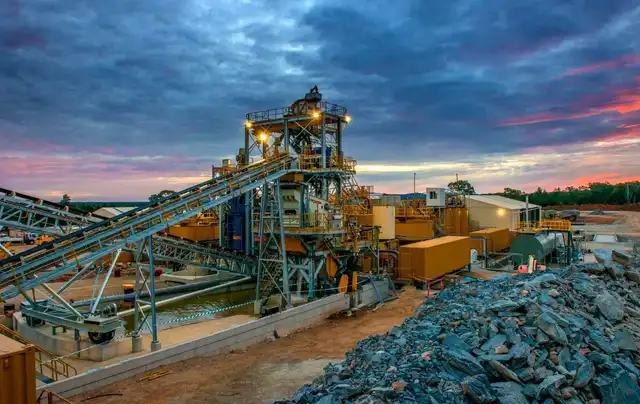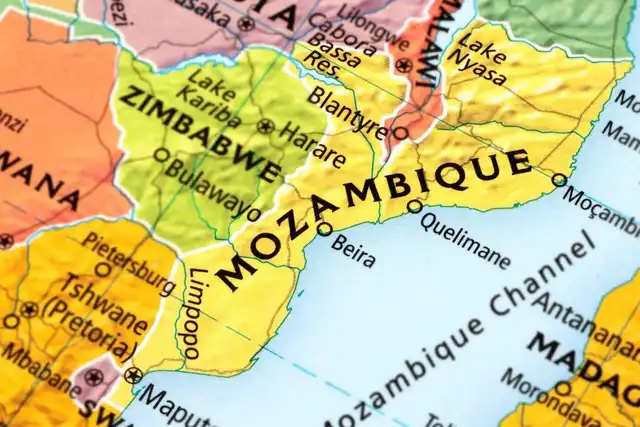Mining in Mozambique is an important part of the country’s economy. Mozambique is a mineral rich country and has a variety of minerals that can be mined, including coal, copper, iron, gold, and zinc.
There are a range of mining companies in Mozambique, including multinationals and small mining companies. Mozambique has a number of mines that are operational, including the Cahora Bassa and Mopane mines. The Cahora Bassa mine is the largest open-pit mine in the world.
What are the main minerals that can be mined in Mozambique?
Mozambique is a mineral-rich country and has a variety of minerals that can be mined, including coal, copper, iron, gold, and zinc. The Cahora Bassa mine is the largest open-pit mine in the world.

What are the main mining companies in Mozambique?
As mentioned earlier, the main mining companies in Mozambique are multinationals. However, there are also a number of small mining companies in Mozambique. These small mining companies are often involved in various mining operations, including surface mining, underground mining, and coal mining. Some of the main mining companies in Mozambique include Novo Mimico Mines PTE Ltd., Anglo American Platinum Ltd., and Impala Platinum Holdings Ltd.
What is the size of the Cahora Bassa mine?
The Cahora Bassa mine is the largest open-pit mine in the world. The mine has a capacity of 20 million metric tons of ore per year. The mine is owned by BHP Billiton.
What are the environmental risks associated with mining in Mozambique?
Mining in Mozambique can have a number of significant environmental consequences. Some of the risks include water resources depletion, air pollution, biodiversity loss, and climate change.
Water resources are often depleted as a result of mining activities. This can lead to increases in water demand, which may not be sustainable in the long term. Air pollution from mines can cause respiratory problems and other health issues.
Mining can also release harmful substances into the air, including sulfur dioxide, mercury, and greenhouse gases. Biodiversity loss is another serious environmental consequence of mining. Many species of animals and plants can be negatively impacted by mining operations.
Climate change is yet another potential risk associated with mining in Mozambique. Mining operations can release large amounts of greenhouse gases into the atmosphere, which can contribute to global warming.
What are the economic benefits of mining in Mozambique?
Mining in Mozambique is an important part of the country’s economy. Mining has a range of benefits for the country, including jobs and revenue. Mining in Mozambique is an environmentally sustainable option, with minimal environmental impact. Additionally, mining has positive economic effects for the country, including growth and increased tax revenue.
- Mining is an important part of the Mozambique economy.
- There are a range of mining companies in Mozambique, including multinationals and small mining companies.
- The Cahora Bassa mine is the largest open-pit mine in the world.
- The environmental risks associated with mining in Mozambique include environmental damage and health risks.
- The economic benefits of mining include job creation and income generation.



